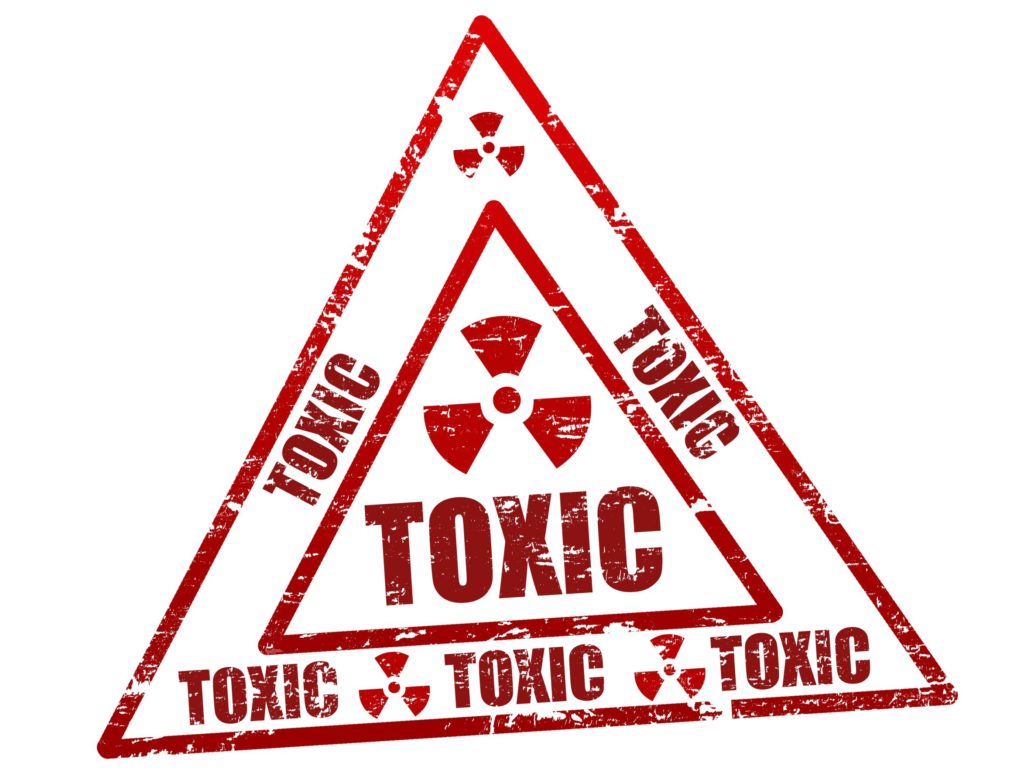Glyphosate (the active ingredient in Round-up) is the most widely used pesticide in the world. Glyphosate is a divisive topic; there are those who say it’s completely safe and those who say it’s a deadly toxin. The theory behind glyphosate’s safety is that it works on an enzymatic pathway (called the shikimate pathway) that exists only in plants, bacteria, and fungi. While it is true that mammals do not possess this shikimate pathway, the multitude of bacteria in our microbiome certainly do utilize the pathway and are severely and adversely affected by glyphosate. (Glyphosate was originally patented as an antibiotic.)
As I’ve said before, and will continue to say, eating organic is a critical component of a healthy nutrition plan. Now you can add avoidance of glyphosate to the long list of reasons why organic foods are a better choice. (Read my previous blog post “WHY you can’t afford NOT to eat organic“ for reasons why organic food is better for you.)
Sometimes all you need is a step by step guide to help you live your most energized life.
I created the course Six Weeks to Abundant Energy to help you learn the simple effective daily habits that create a life of abundant energy and enthusiasm.
Here are some more reasons to choose organic foods:
1) choosing organic foods supports sustainable farming practices. Truly sustainable farming promotes diversity of crops, rather than monoculture crops which rely on heavy use of inputs such as pesticides, herbicides and fertilizers.
2) Organic farming promotes healthy soil. Healthy soil = healthy food = healthy you. Healthy soil is teeming with bacteria. Produce grown in depleted soil that needs heavy chemical inputs does not contain the many minerals, vitamins and micro-nutrients needed to promote robust health and vitality. Produce grown in healthy soil has more nutrients (and probably tastes better too. Conventionally grown tomatoes being one case-in-point.) Also, healthy soil is less-prone to run-off and erosion. We have very little fertile top-soil left. Organic farming practices help to build up this precious resource.
Still not convinced that you should eat organic and avoid glyphosate? Here’s what the World Health Organization (WHO) has to say about glyphosate: In 2015, the (WHO) classified glyphosate as “probably carcinogenic to humans”. The WHO also found that glyphosate is probably genotoxic (it causes mutations in DNA) and increases oxidative stress and speeds up aging.
Keep in mind that glyphosate is not used alone. It is the main ingredient in Round-up, but Round-up also contains many other toxic substances that increase the overall toxic load of glyphosate.
Organic farming practices don’t allow the use of glyphosate which is why it’s an important choice. This extends to your meat sources. Remember that you are eating whatever the animal you are consuming ate. So if you eat conventionally-produced meat from a feed lot, you are eating glyphosate. Glyphosate is used to desiccate grains before harvest, making them easier to thresh. These glyphosate-soaked grains are fed to animals in confined feeding operations, and then you in turn eat the glyphosate when you eat the animals.
Finding grass-fed, pastured meat is especially important in the case of bone broth and collagen. The gly- in glyphosate refers to glycine, an amino acid that makes up collagen and skin. When you make bone broth from feedlot animals, you are getting a hefty dose of glyphosate along with the minerals and other beneficial components of the bone broth.,
Does eating organic really make a difference, though?? Thankfully, yes. People who eat primarily organic food have lower glyphosate residues (and lower overall toxins) in their bodies, Same for animals eating organic feed. Check out this study for more details.
Coming next week: How to detox your body from the damaging effects of glyphosate. Sign-up for email notifications to get the latest articles sent directly to your inbox!
Thanks for reading, and as always, please share this information with someone who could benefit from knowing it!
